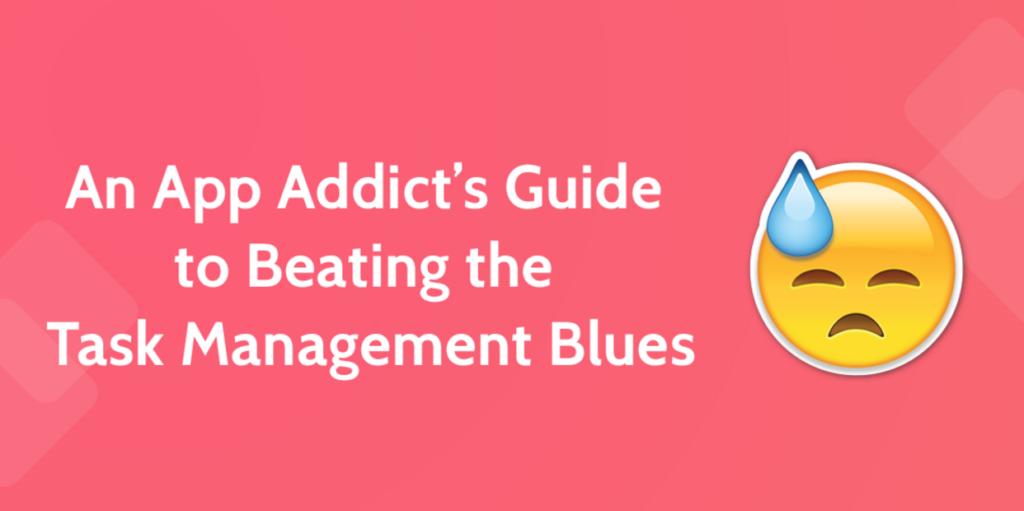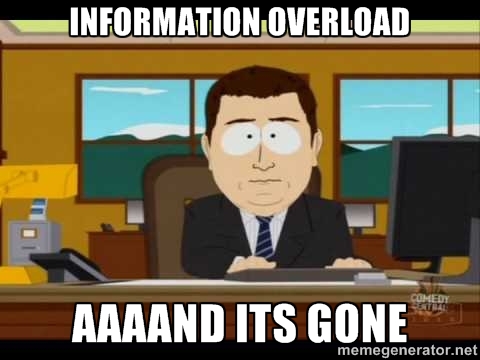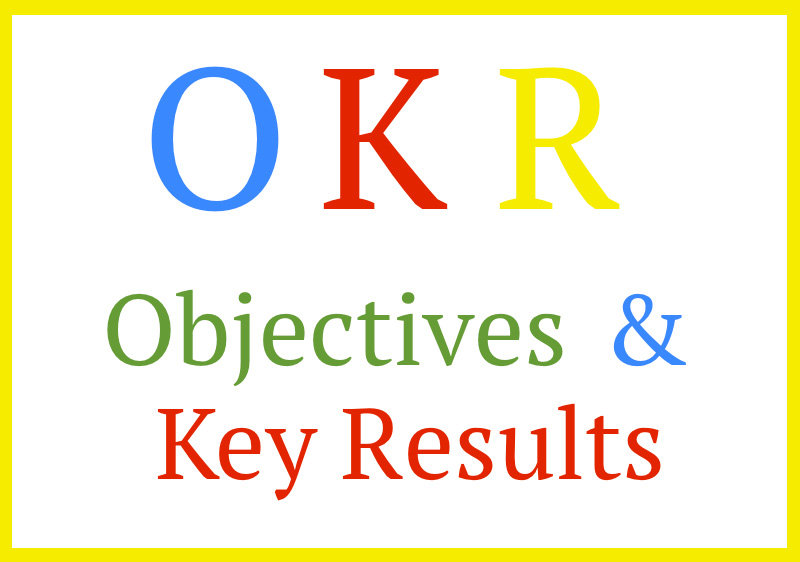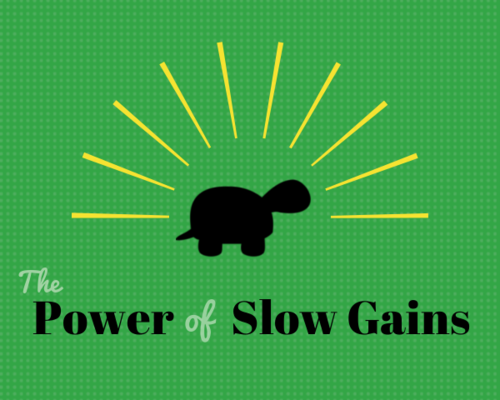Maxwell Maltz was a plastic surgeon in the 1950s when he began noticing a strange pattern among his patients. When Dr. Maltz would perform an operation — like a nose job, for example — he found that it would take patients about 21 days to get used to seeing their new face. Similarly, when a patient had an arm or a leg amputated, Maltz noticed that the patient would sense a phantom limb for about 21 days before adjusting to the new situation.
These experiences prompted Maltz to think about his own adjustment period to changes and new behaviors, and he noticed that it also took himself about 21 days to form a new habit. Maltz wrote about these experiences and said, “These, and many other commonly observed phenomena tend to show that it requires a minimum of about 21 days for an old mental image to dissolve and a new one to jell.”
In 1960, Maltz published that quote and his other thoughts on behavior change in a book called Psycho-Cybernetics. The book went on to become an blockbuster hit, selling more than 30 million copies.
And that’s when the problem started.
You see, in the decades that followed, Maltz’s work influenced nearly every major “self-help” professional from Zig Ziglar to Brian Tracy to Tony Robbins. And as more people recited Maltz’s story — like a very long game of “Telephone” — people began to forget that he said “a minimum of about 21 days” and shortened it to, “It takes 21 days to form a new habit.”
That’s how society started spreading the common myth that it takes 21 days to form a new habit (or 30 days or some other magic number). It’s remarkable how often these timelines are quoted as statistical facts. Dangerous lesson: If enough people say something enough times, then everyone else starts to believe it.
It makes sense why the “21 Days” Myth would spread. It’s easy to understand. The time frame is short enough to be inspiring, but long enough to be believable. And who wouldn’t like the idea of changing your life in just three weeks?
The problem is that Maltz was simply observing what was going on around him and wasn’t making a statement of fact. Furthermore, he made sure to say that this was the minimum amount of time needed to adapt to a new change.
So what’s the real answer? How long does it actually take to form a new habit? Is there any science to back this up? And what does all of this mean for you and me?
Read more









